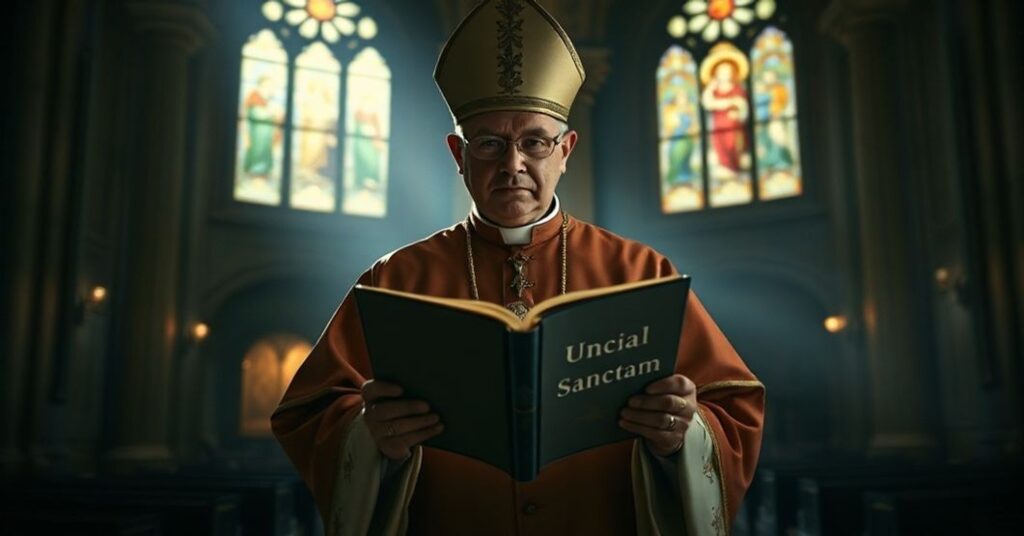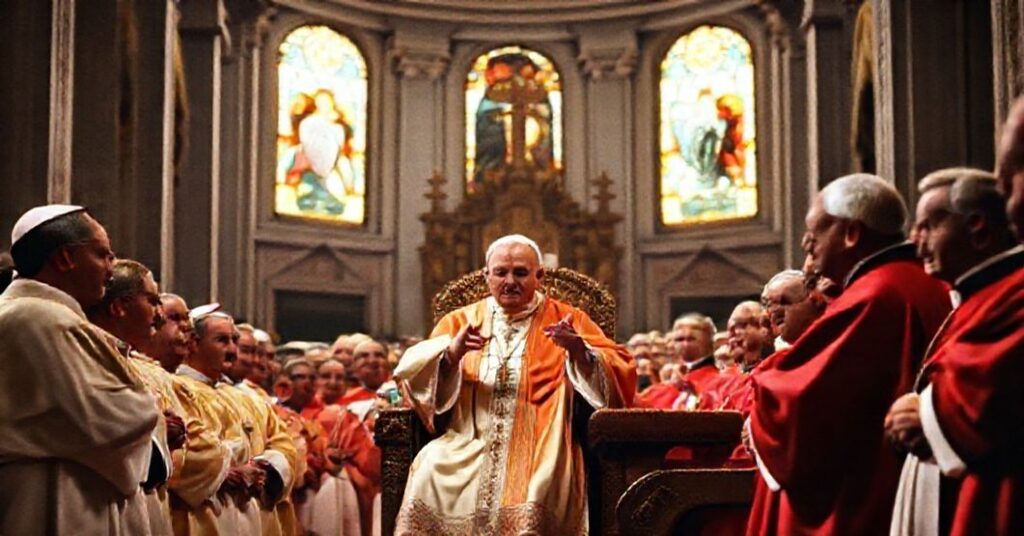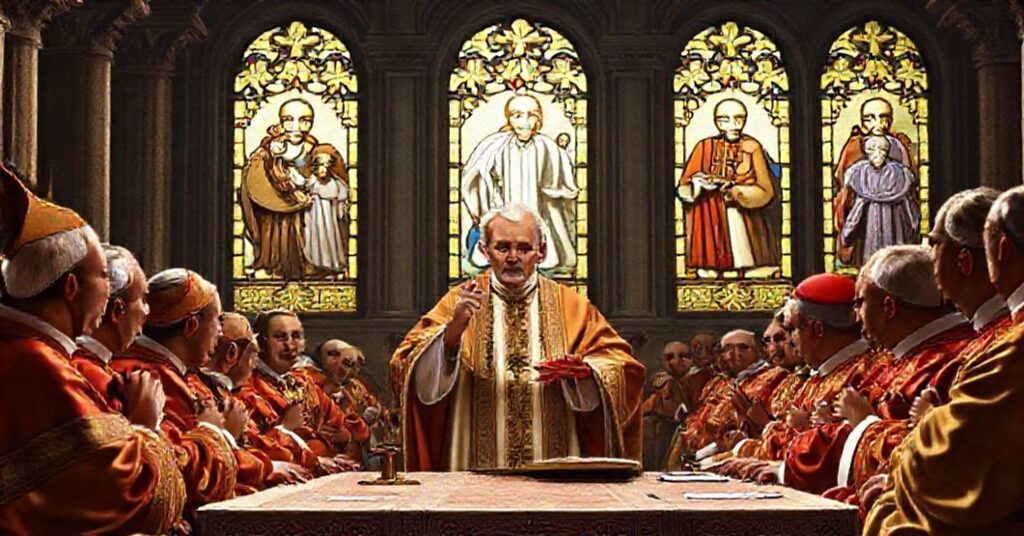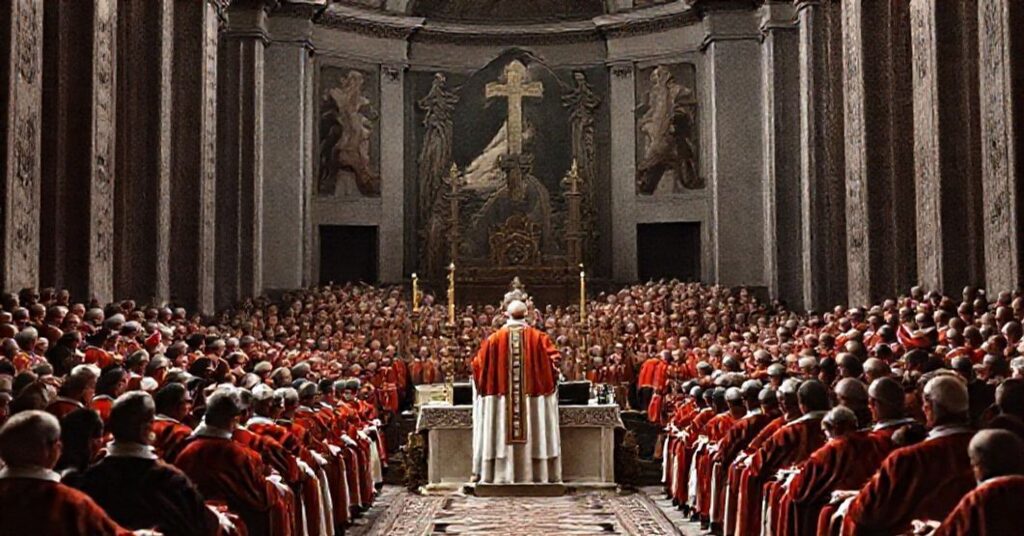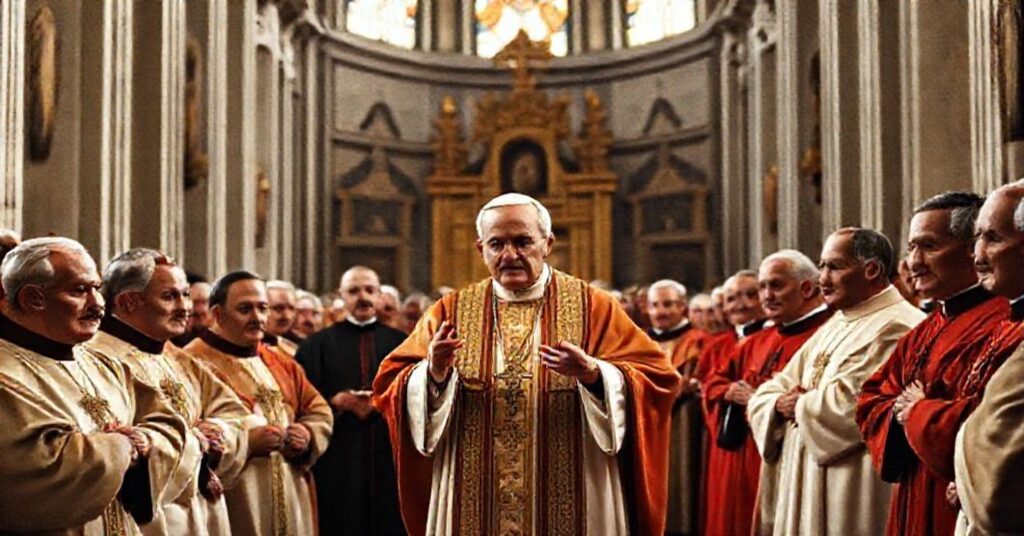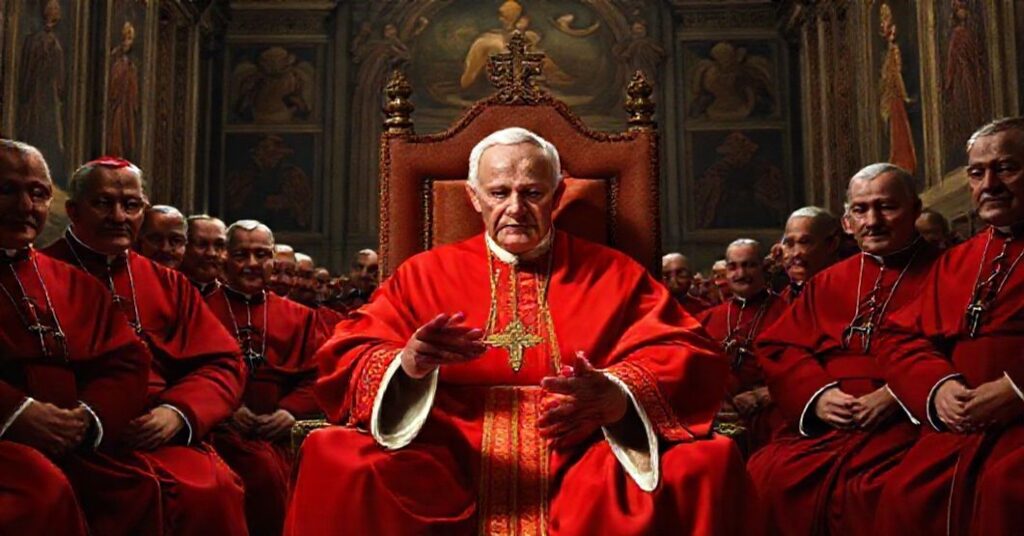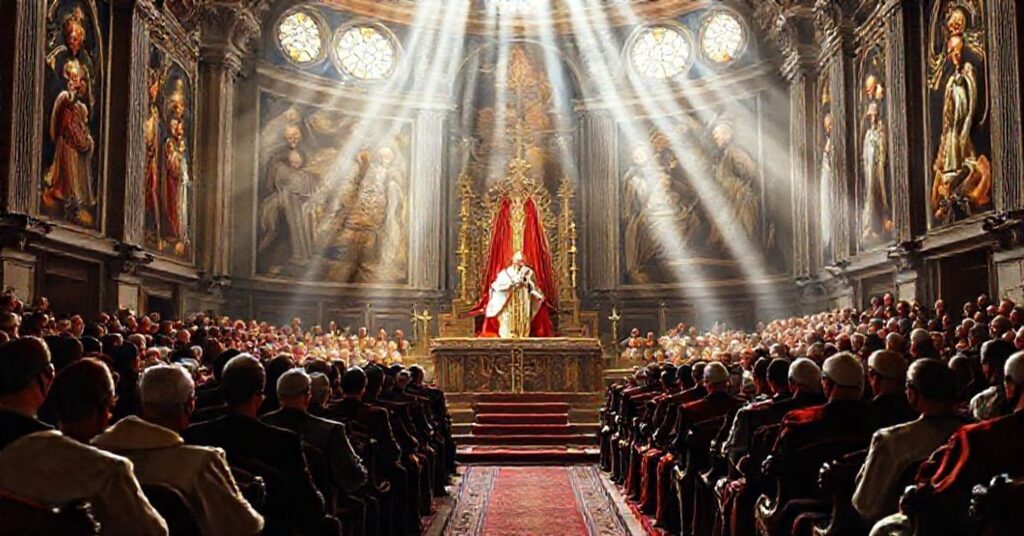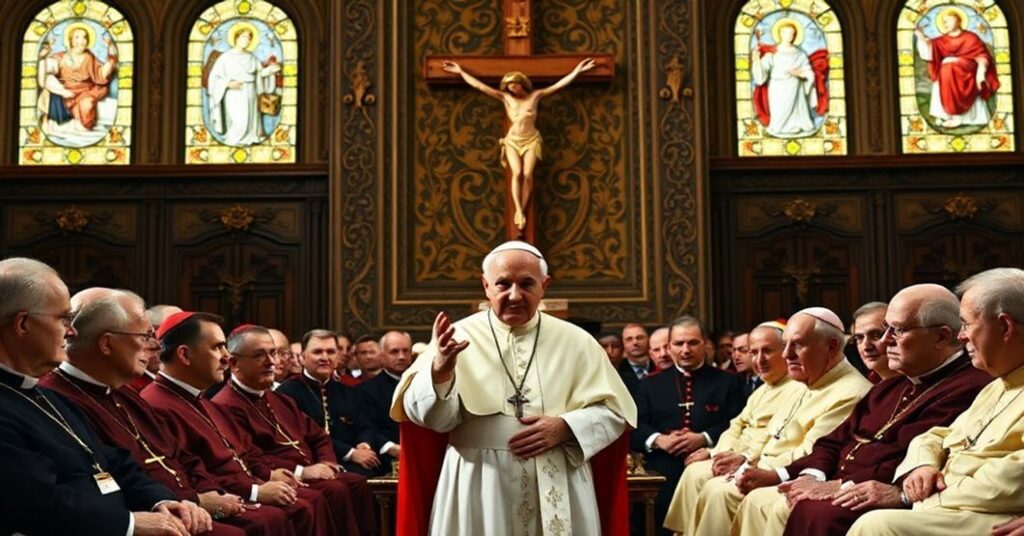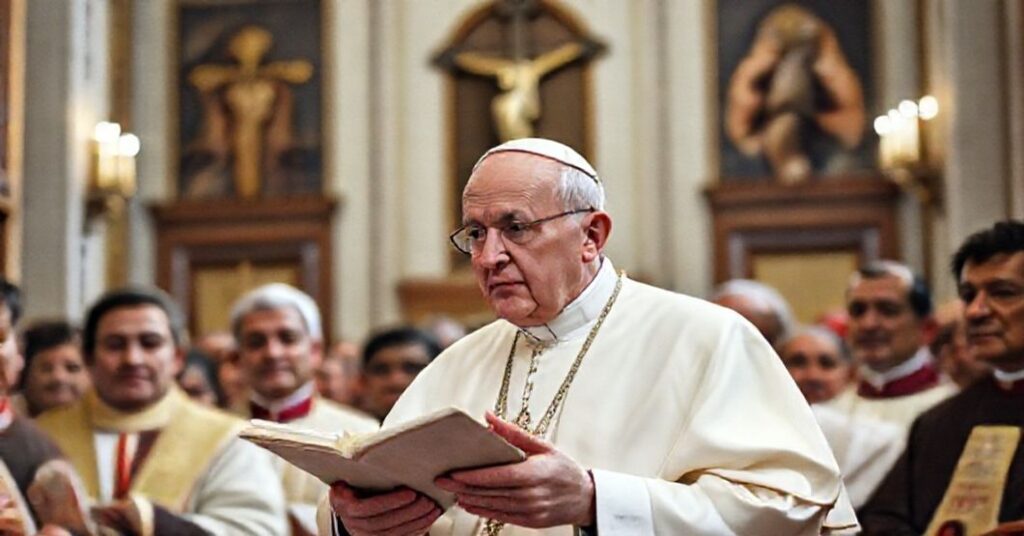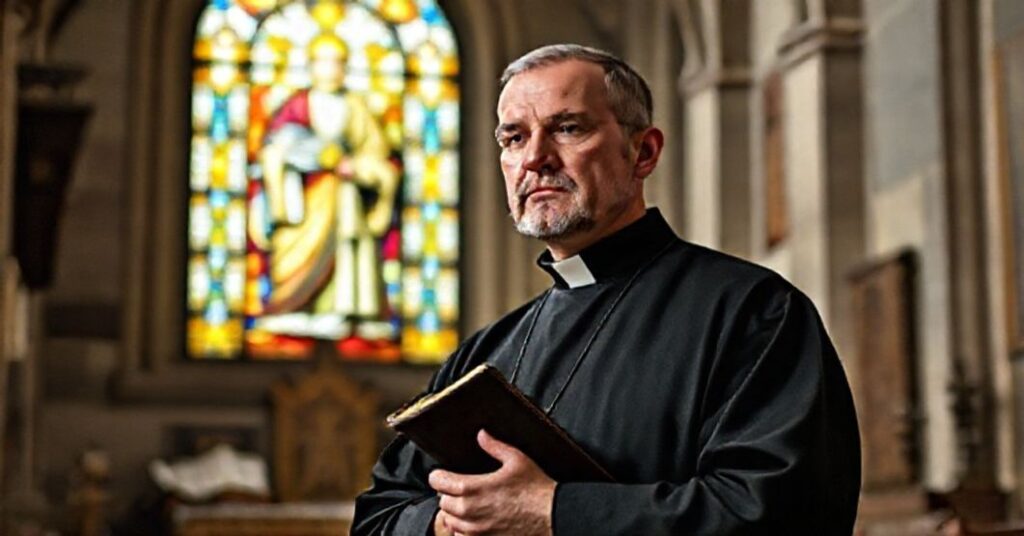Allocutio Ioannis XXIII (1962.06.20)
John XXIII’s address of 20 June 1962 triumphantly celebrates the completion of the three-year preparatory work for the Second Vatican Council, exalting human collaboration, organizational structures, and an optimistic vision of history and “unity” as signs of the Spirit guiding his initiative. He presents the coming Council as a luminous dawn for the Church and humanity, calling for widespread prayers and meditation—above all on the Gospel of John—to accompany what he hails as a providential and pacifying event. From the perspective of unchanging Catholic doctrine, this self-congratulatory discourse is not an innocent preface to a council, but the manifesto of a new religion: an anthropocentric, historicist, and diplomatically irenic program that prepares the systematic relativization of dogma, the subordination of the Church to the modern world, and the eclipsing of the social Kingship of Christ by the cult of man.

